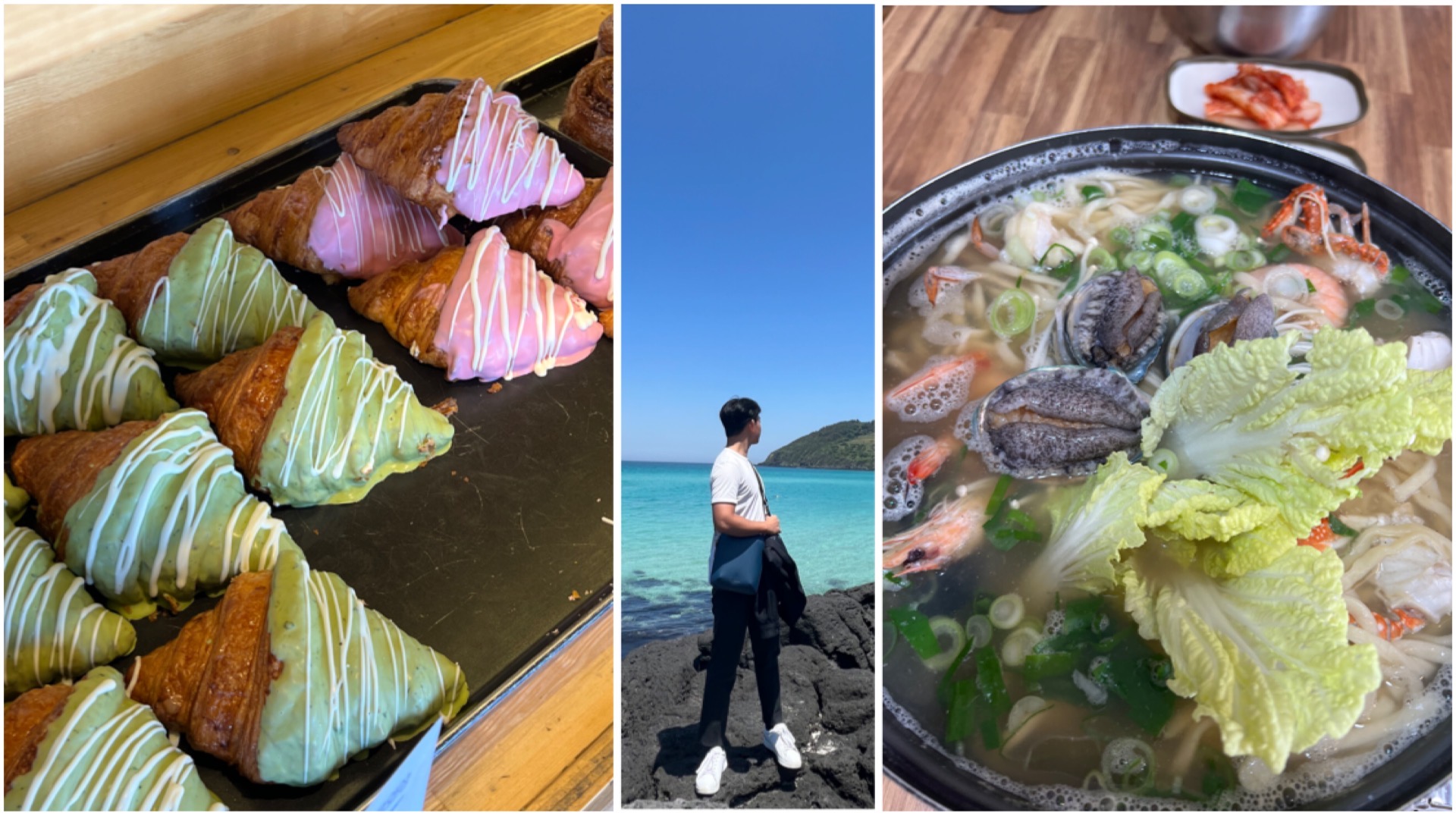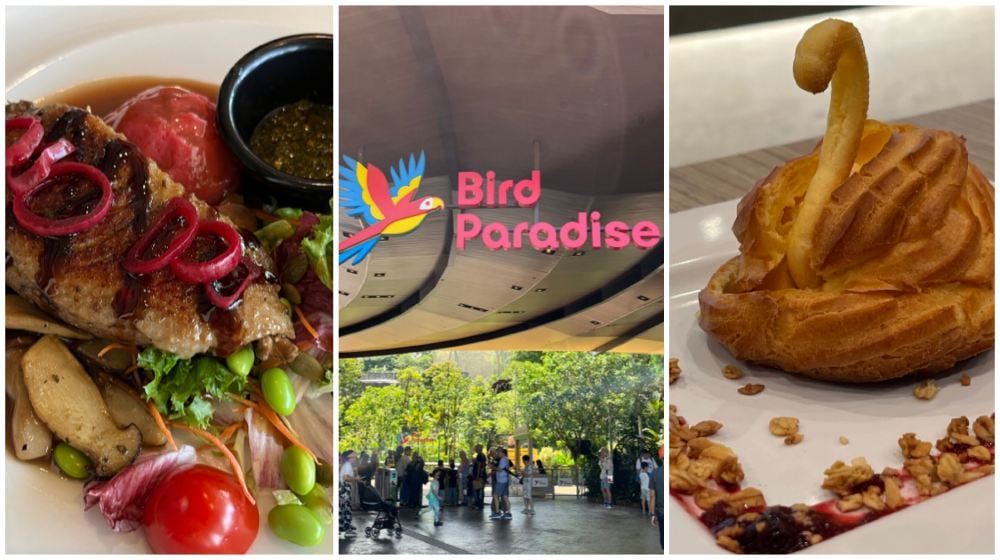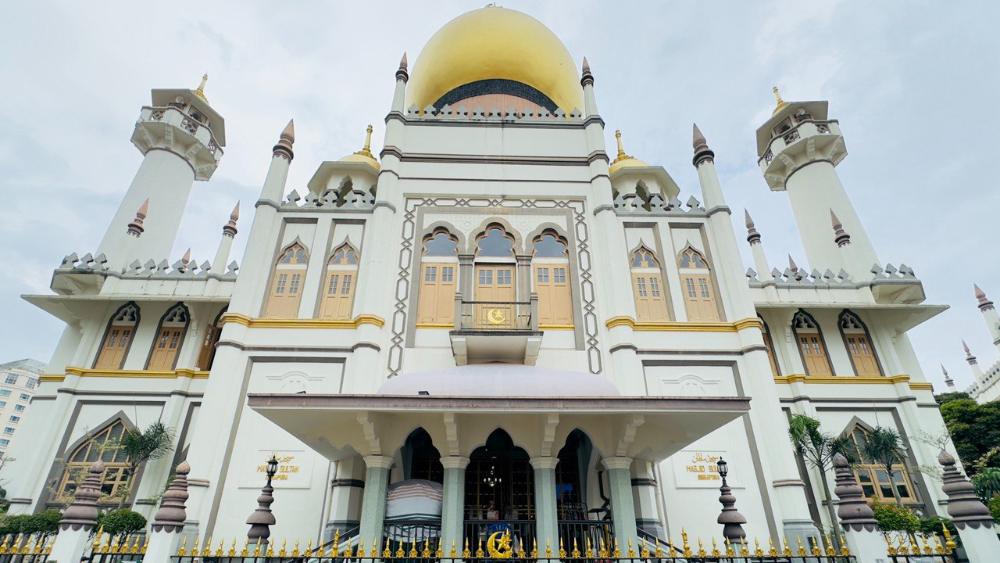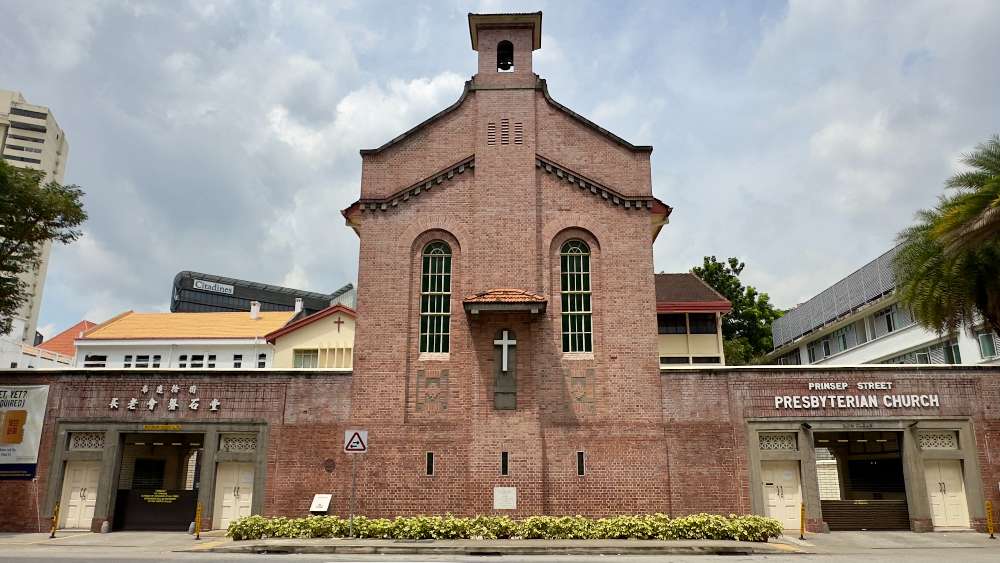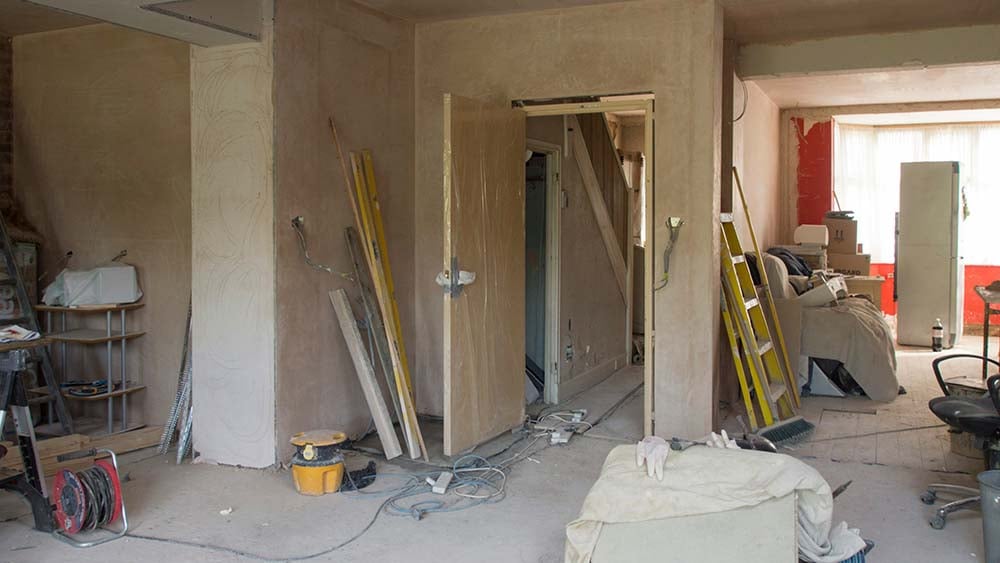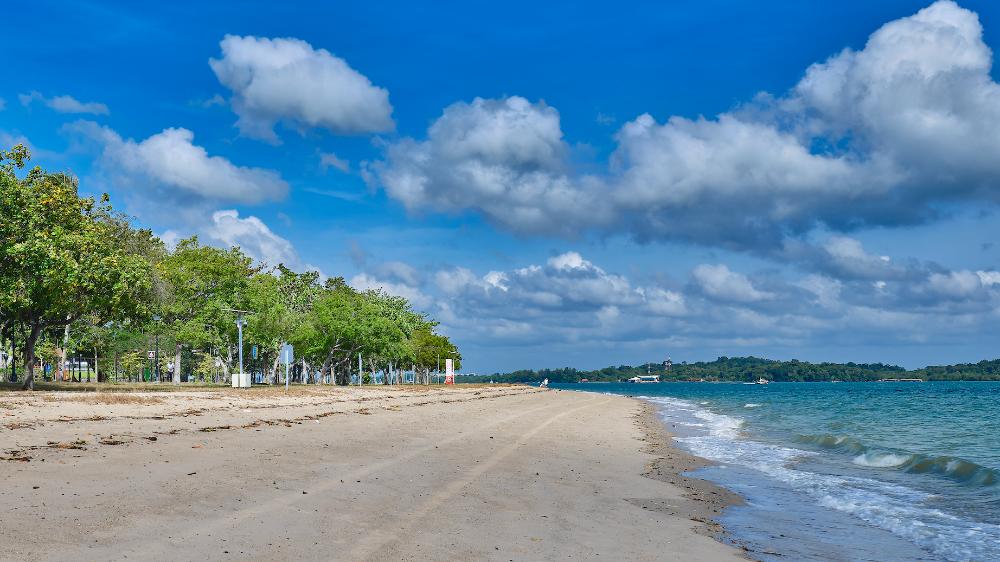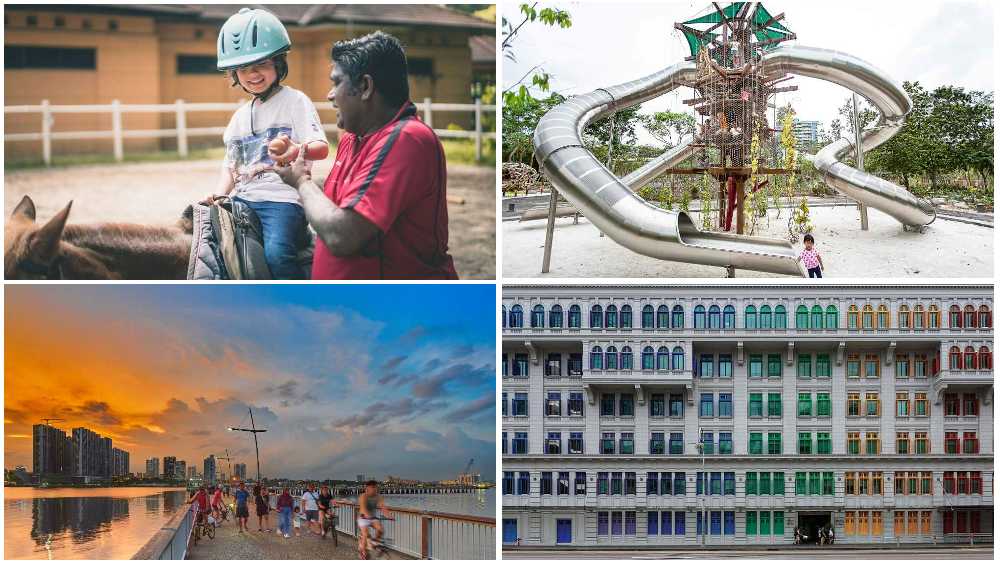Do You Know Your ABSD From Your TDSR? Here's A Quick Guide To Housing and Mortgage Jargon In Singapore
From expressways to schools and everyday abbreviations, Singapore is known for its plethora of acronyms. So it’s probably no surprise that the real estate arena is full of it too - and unless you’re in the industry or familiar with the ins and outs of it, it can be a little too much to absorb and decipher all at once. Well, that’s where this quick guide comes in. Whilst it is by no means exhaustive, the following list of common property-related jargon will definitely bring you up to speed.
Bridging Loan
A bridging loan is essentially a short-term bank loan. For example, if you’ve already found a new place to buy but haven’t managed to sell your existing property, such loans can help bridge the gap and provide adequate funds before the sales proceeds come in.
Buyer’s Stamp Duty (BSD) and Additional Buyer’s Stamp Duty (ABSD)
All buyers will have to pay a tax - known as stamp duty - upon a successful property transaction. As for ABSD, you can think of it as an additional tax that’s applicable for liable buyers on the purchase of residential properties in Singapore. For Singaporeans looking to purchase their first property, ABSD will not apply.
Deferred Payment Scheme (DPS)
Usually applicable for the purchase of newly-launched condominium units, it is a form of progress payment that allows a buyer to defer the bulk of the payment to a later date. To secure their desired unit, they can simply place a downpayment first.
Fixtures
These are things that are literally affixed or attached to the property, such as built-in carpentry and sinks. As such, these are considered to be sold along with the property and should not be forcibly removed.
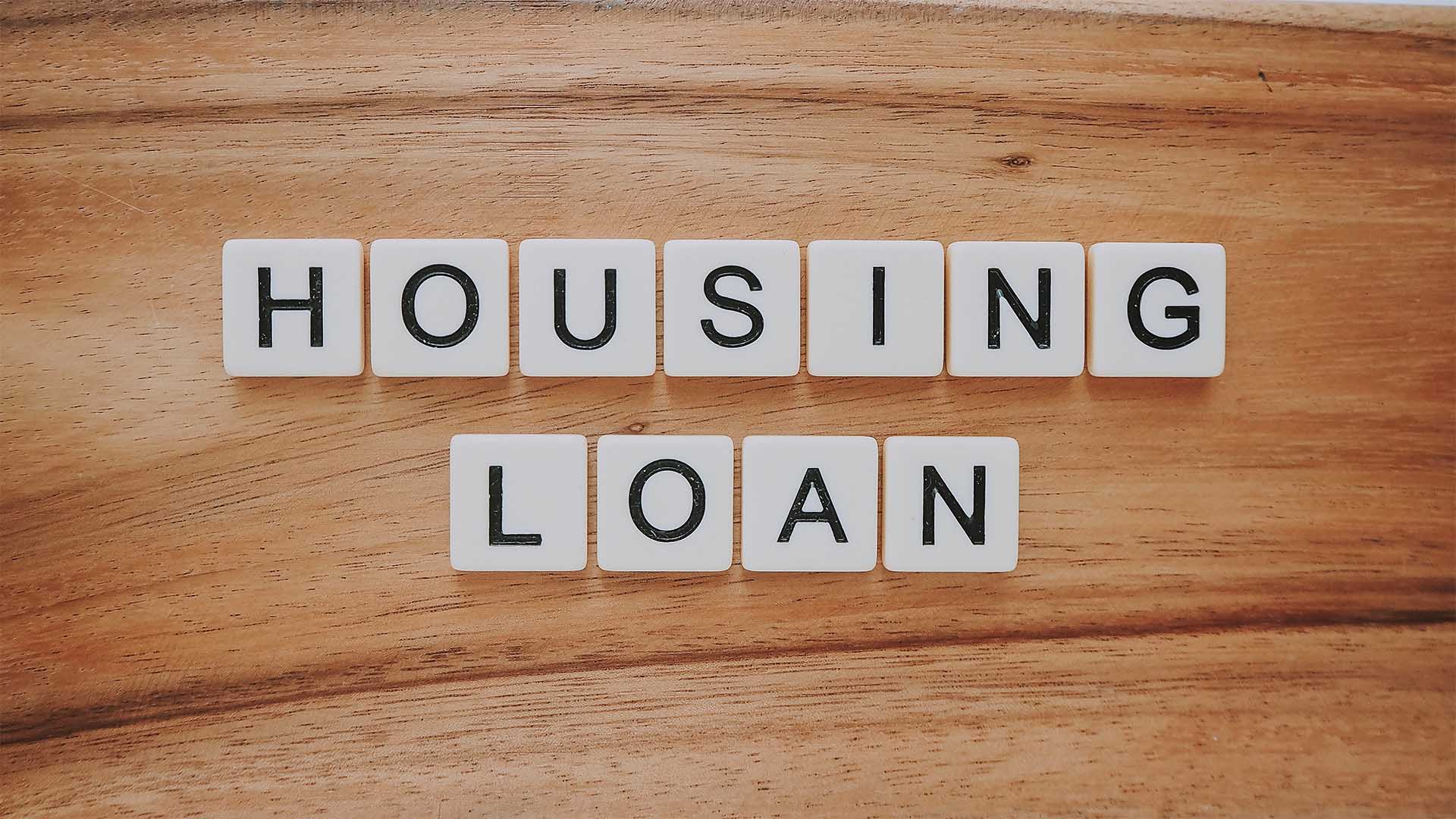
Freehold and leasehold properties
Private properties with a freehold tenure are popular in land-scarce Singapore as they can be held indefinitely by their owners. On the flipside, leasehold properties - such as HDB flats with 99-year leases - will have to be returned back to the state after the tenure ends.
In-Principle Approval (IPA)
IPAs provide a rough estimate of the loan quantum a bank is ready to extend to you for the purchase of a home within a validity period. The amount offered is dependent on factors such as your financial health and credit score. With these numbers in mind, you will also be able to budget your finances better.
Mortgage Servicing Ratio (MSR)
MSR is the proportion of your monthly gross income - capped at 30% - that goes towards repaying all housing loans. Do take note, however, that it only applies to the purchase of an HDB flat or an executive condominium where the minimum occupation period has not been satisfied. In other words, it doesn’t affect private property purchases.
Option to Purchase (OTP)
An OTP is a legally-binding document that allows a potential buyer to chope the unit exclusively for a specified period of time, and it usually comes with a non-refundable deposit of $1,000 for HDB flats or 1% of the purchase price for private properties. During that period, the seller is legally obliged not to sell his or her property to anyone else.
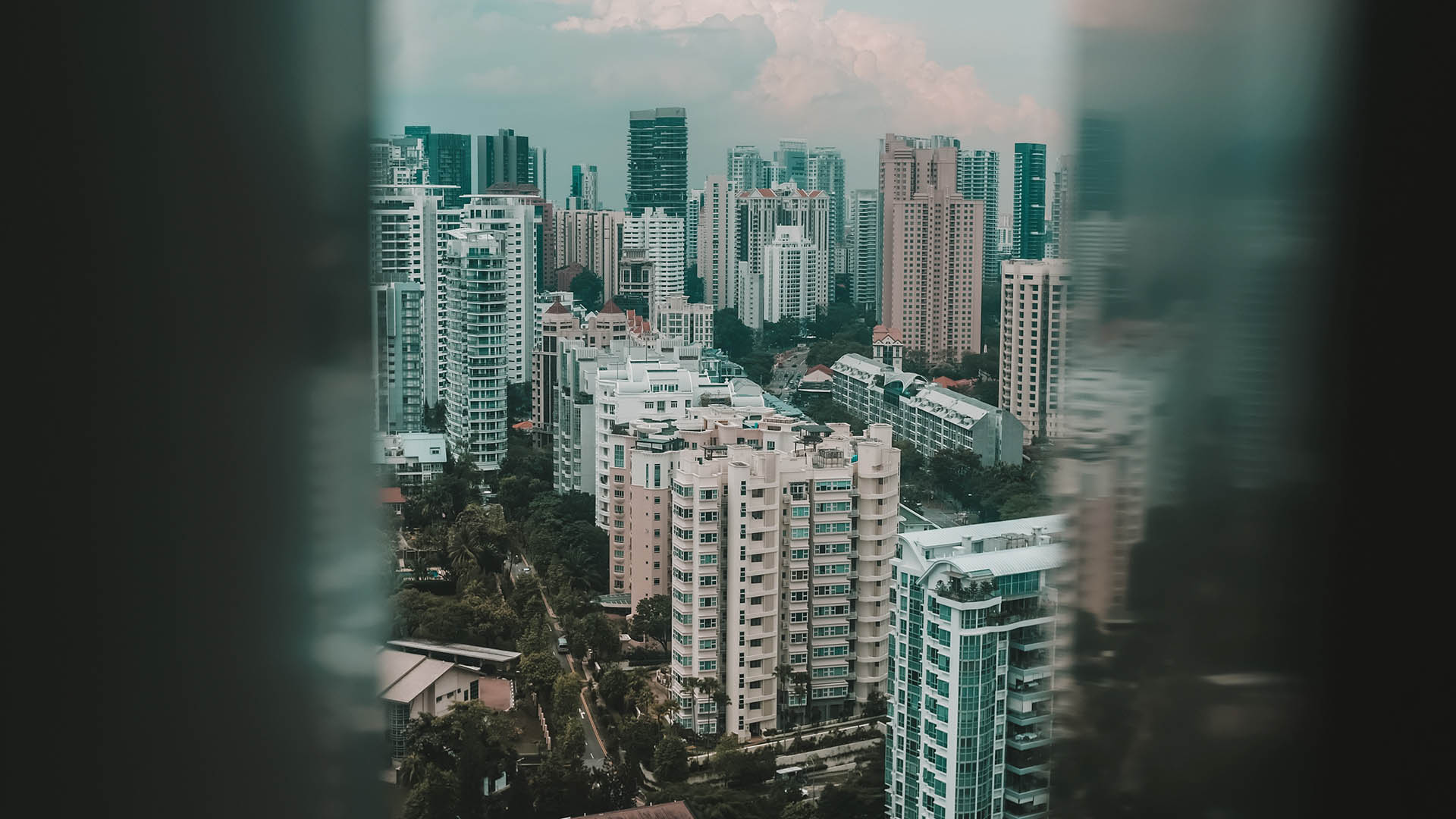
Per Square Foot (PSF)
Often used as a gauge of price and value when discussing private property, the PSF can be calculated by dividing the price of the property by its land area.
Singapore Overnight Rate Average (SORA)
According to the Monetary Authority of Singapore, SORA is the volume-weighted average rate of borrowing transactions in the unsecured overnight interbank SGD cash market in Singapore between 8am and 6.15pm. In time to come, SORA will be replacing Singapore Interbank Offered Rate (SIBOR) and the Singapore Dollar Swap Offer Rate (SOR) as the key interest rate benchmark for Singapore Dollar loans and other financial products, so you’ll want to be familiar with it.
Total Debt Servicing Ratio (TDSR)
Remember MSR? Well, TDSR is kind of similar. This time, it refers to the portion of a borrower's gross monthly income that goes towards repaying all monthly debt repayments - including the loan being applied for. According to the latest regulations, a borrower's TDSR should be less than or equal to 55%.
Temporary Occupation Permit (TOP)
Here’s the TLDR version: Once the TOP is granted by the Building and Construction Authority (BCA) for a newly-completed residential project, it means key requirements have been met and it is safe for inhabitation. Homeowners will be able to collect their keys and move in temporarily whilst relatively minor work in the project continues to be carried out - think amenities or facilities such as a rooftop garden, playground or swimming pool.
Certificate of Statutory Completion (CSC)
When BCA issues the CSC for a residential development, this means that all requirements have been met. Homeowners may now legally settle in their respective home as the development is now certified safe and fully completed. Unlike the TOP, which is optional, the CSC must be applied for by the respective developers.
For the latest updates on Wonderwall.sg, be sure to follow us on TikTok, Telegram, Instagram, and Facebook. If you have a story idea for us, email us at [email protected].


